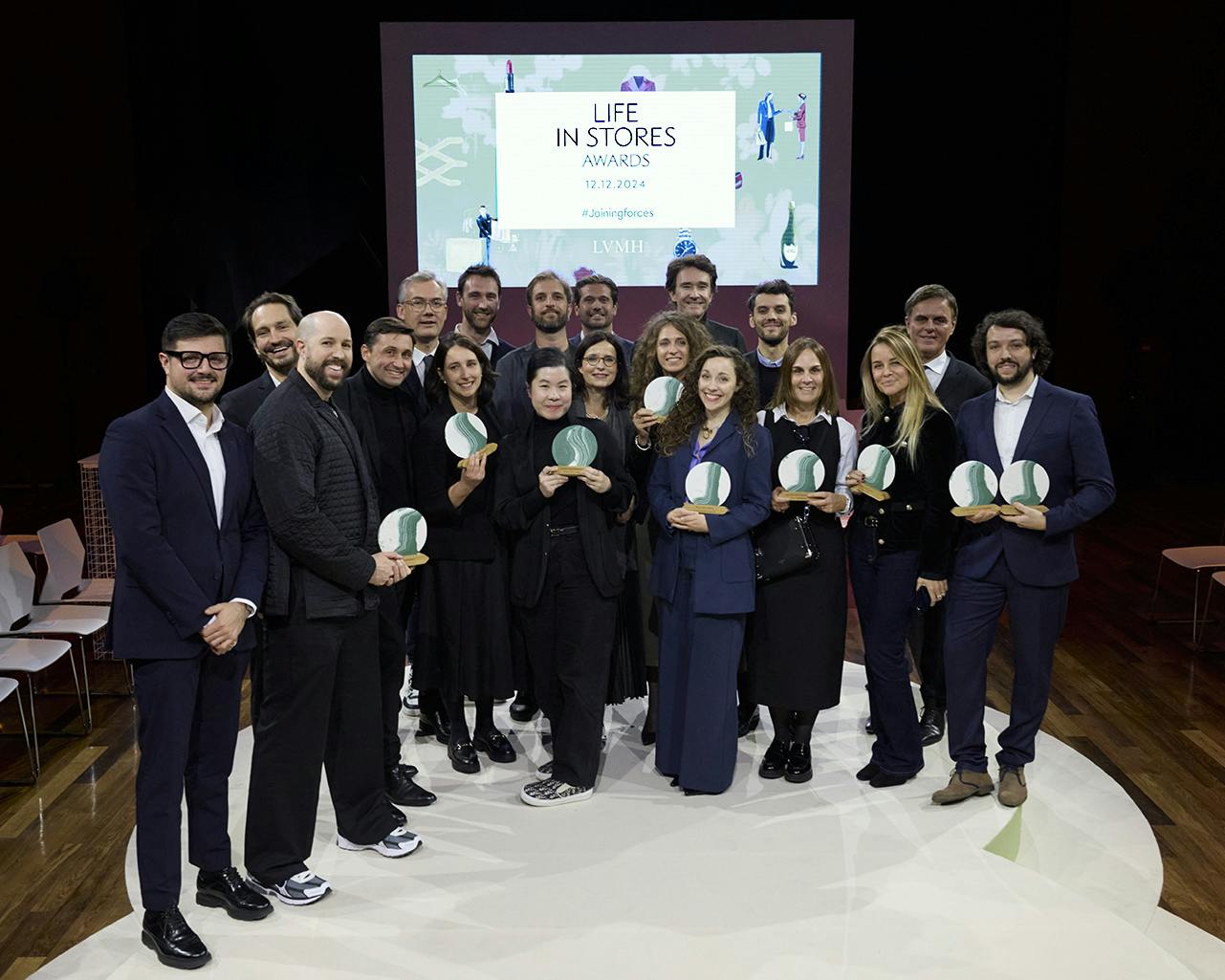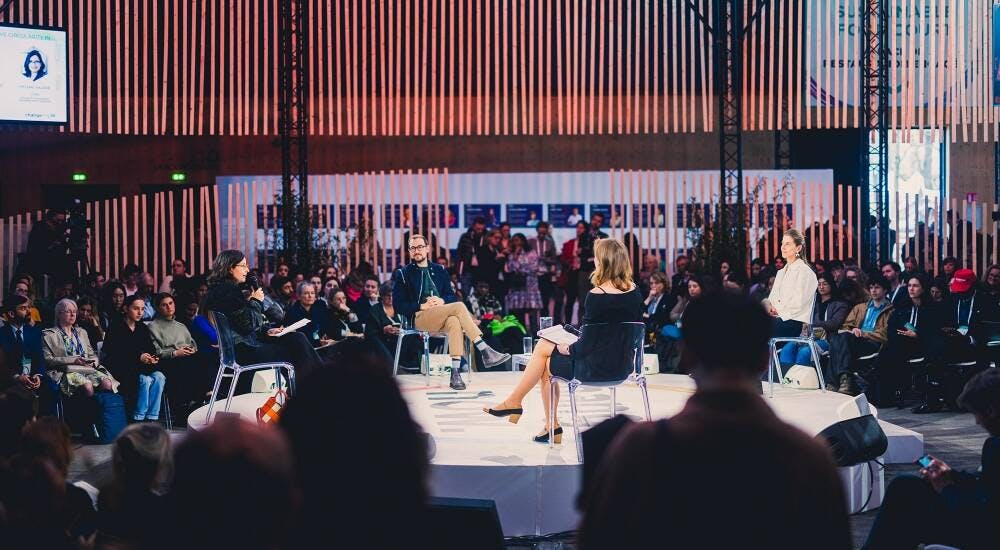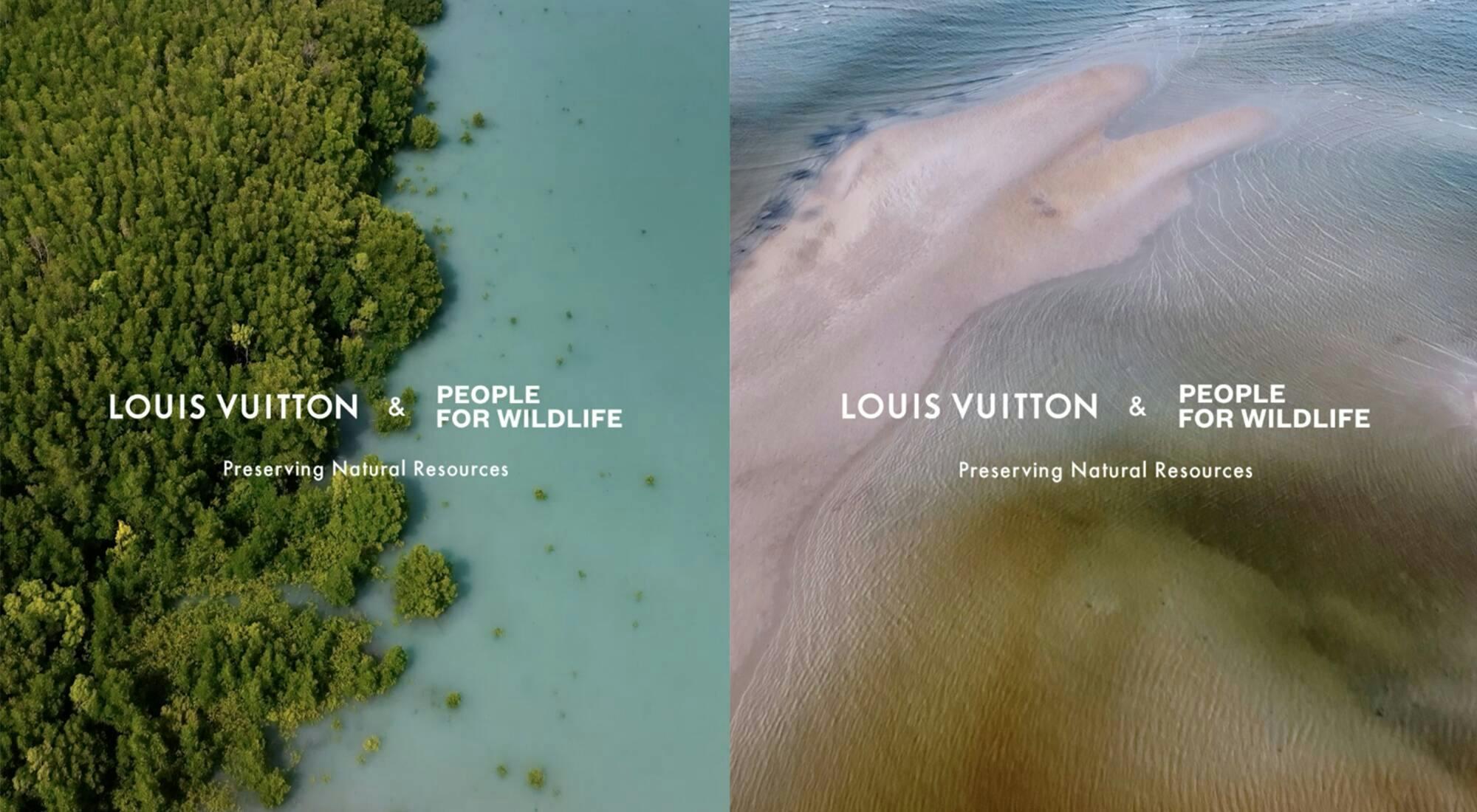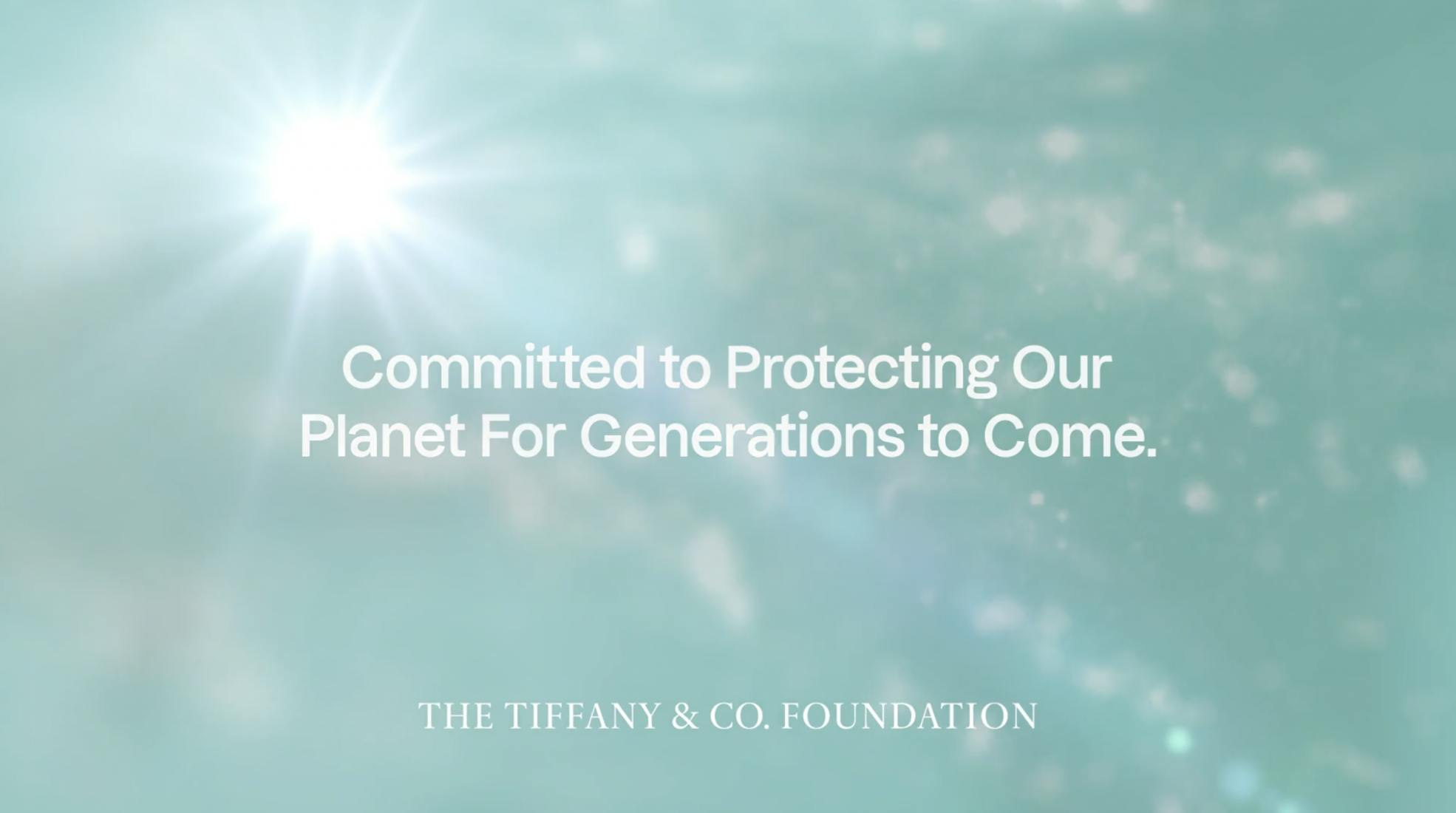LVMH x UNESCO

Since 2019, LVMH has been a key partner in the UNESCO MAB (Man and the Biosphere) program, as well as in a joint project to combat deforestation in the Amazon, one of the main threats to the region's ecosystems.
These partnerships for the preservation of biodiversity reflect the importance of international cooperation in this field. One of the objectives guiding UNESCO's action is to protect and restore biodiversity - but always with the involvement of local and indigenous communities.
“Man and Biosphere” is an intergovernmental scientific program whose major objectives include the reduction of biodiversity loss and addressing ecological, social and economic issues. Because it spans issues that bridge multiple areas – scientific, ecological, social and development – the MAB is an interdisciplinary program that draws on natural and exact sciences, economics and education in order to improve human environments and preserve natural ecosystems. In particular it fosters innovative approaches towards economic development that respects social, cultural and ecological values. The program is based on an extensive network of actors and 686 biosphere reserves in 122 countries, providing support sites for the conservation of biodiversity and testing of solutions to ensure their preservation.
LVMH is the only private sector partner of this scientific program, which offers an innovative framework for international cooperation and, beyond the preservation of protected zones, aims to establish best practices for sustainable development to help achieve the UN Sustainable Development Goals.
LVMH has extended this program in 2022 to include a section dedicated to collecting data on the effectiveness of biodiversity programs. The aim is to develop an impact-measurement methodology that can be transferred to all the Group's brands, thereby strengthening the dialogue between scientific knowledge and local know-how.
With a budget of five million euros over five years, the LVMH and UNESCO partnership in the Amazon aims to reconcile environmental protection and sustainable development, respectful of local cultural contexts. Two major issues were previously identified: the reforestation and rehabilitation of degraded lands, and the creation of sustainable employment and alternative sources of income for local populations, which do not involve recourse to deforestation.
LVMH has introduced ambitious targets to mitigate its biodiversity impacts. These include halting any deforestation and conversion of natural ecosystems within its operations and supply chains by 2025, and using 100% strategic raw materials certified under standards that consider biodiversity by 2026 and regenerating 5 million hectares of fauna and flora habitat worldwide by 2030.
The first of these goals is being addressed by an initiative in the UNESCO Biosphere Reserve of Beni in Bolivia. Here, the Tsimane indigenous people and local people living along the Maniqui river practice small-scale subsistence and commercial agriculture, based on rotational fallow systems. However, the forests in the surrounding area have been heavily logged in recent decades, with the result that many native timber species, such as mahogany, have been depleted. The objective of this initiative is to provide families living in four communities of the Beni Biosphere Reserve with seeds of high-quality native timber species (mahogany) and crops (plantain, coffee, cocoa and citrus), thus enabling them to create plots under agroforestry systems based on fallow areas. Not only will this initiative promote a sustainable, long-term economic activity for indigenous and local peoples, but it will also contribute to the prevention of fires – another major threat to the ecosystems of the Amazon – by avoiding slash-and-burn cycles in further areas.
The second project focuses on empowering youth in the UNESCO Biosphere Reserve of Yasuní in Ecuador. People from the reserve’s Limoncocha community have no access to basic services, such as water, sanitary systems and waste treatment, while plastic pollution has become a significant problem in the area’s rivers. The Mushuk Sacha (ASORECMUSA) recycling association, established by young people in 2019, collects and transforms plastic into new materials, generating jobs and income for local and indigenous youth, while also raising awareness of the importance of waste treatment for the protection of the ecosystem. With the support provided by LVMH and UNESCO, the association will be able to diversify its production of recycled plastic products by strengthening its technical and marketing capacities, and improving its collection and transformation infrastructure. A four-day training program will be developed and delivered to young participants, with the initiative directly benefiting and providing jobs for 23 young people in the community.
OUR INITIATIVES
Group's intiatives
Slide 1 of 7









